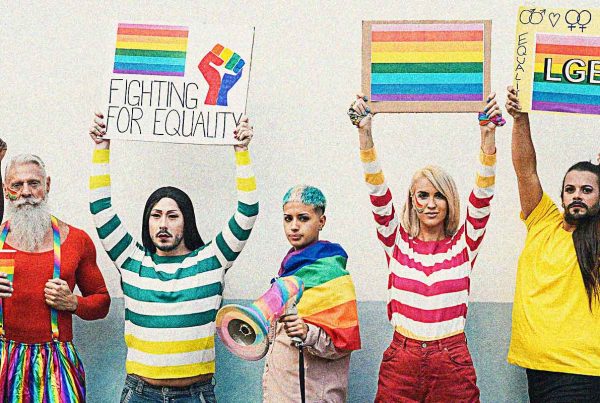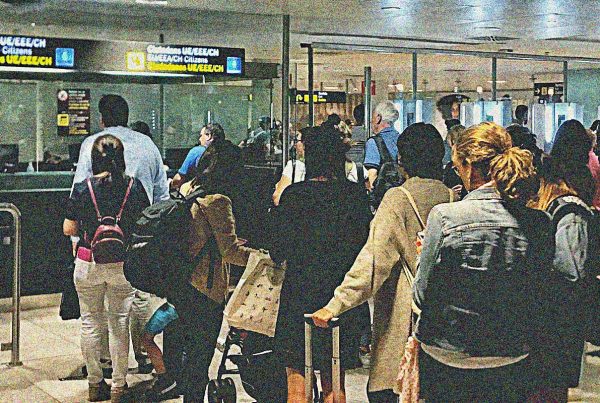TORONTO — Harini Sivalingam, directrice du programme Égalité de l’Association canadienne des libertés civiles, a fait la déclaration suivante :
Aujourd'hui, dans Wright c. Yukon, la Cour suprême du Yukon a invalidé une disposition de la Loi sur la sécurité des communautés et des quartiers (SCAN Act) pour violation de l'article 7 de la loi sur les résidents du Yukon Charte droits à la sécurité de la personne.
Cette affaire remet en cause la constitutionnalité du pouvoir de l’État d’ordonner des expulsions en vertu du paragraphe 3(2) de la Loi SCAN, en vertu duquel des plaintes anonymes peuvent déclencher de vastes pouvoirs d’application de la loi, y compris l’expulsion de résidents de leur domicile par l’État. La CCLA, intervenante dans l’affaire, a fait valoir que les expulsions en vertu de la Loi SCAN sont inconstitutionnelles et ont un impact disproportionné sur les communautés vulnérables et marginalisées, comme les peuples autochtones.
L'ACLC salue la décision de la Cour selon laquelle le paragraphe 3(2) de la Loi SCAN cause un stress psychologique et une anxiété importants aux personnes qui sont soumises à des expulsions en vertu du régime sans préavis suffisant ni équité procédurale. La Cour a déclaré que la Loi SCAN interfère avec la capacité des Yukonnais à faire des choix de vie personnels pour assurer un logement sûr pour eux-mêmes et leur famille.
Reconnaissant que les expulsions en vertu de la Loi SCAN peuvent souvent conduire à l’itinérance, la Cour a déterminé que de telles expulsions avaient un effet négatif sur la santé physique et mentale des personnes concernées. La Cour a également statué que le processus d’expulsion en vertu du programme SCAN du Yukon était procéduralement inéquitable et comportait de nombreuses lacunes flagrantes, notamment le délai de préavis extrêmement court de 5 jours.
La Cour a accepté l’argument de la CCLA selon lequel il existe des mesures moins extrêmes pour atteindre les objectifs de la loi SCAN qui ne nécessitent pas d’expulsions sans avertissement, divulgation ou capacité de réagir à l’expulsion.
Bien que nous soyons satisfaits de la conclusion de la Cour sur les violations de l'article 7, la CCLA est déçue que la Cour n'ait pas également constaté une violation des droits à l'égalité en vertu de l'article 15 de la CharteIl est clair que la Loi SCAN a un impact disproportionné sur les peuples autochtones, qui sont surreprésentés dans la population sans abri ainsi que dans le système de justice pénale.
L'ACLC remercie les conseillers juridiques pro bono Brent Olthuis, KC et Fraser Harland d'Olthuis van Ert, pour leur représentation dans cette affaire.
Lire la décision de la Cour ICI
À propos de l’association canadienne sur les libertés civiles
L’ACLC est un organisme indépendant à but non lucratif qui compte des sympathisant.e.s dans tout le pays. Fondé en 1964, c’est un organisme qui œuvre à l’échelle du Canada à la protection des droits et des libertés civiles de toute sa population.
Pour les médias
Pour d'autres commentaires, veuillez nous contacter à media@ccla.org.
Pour les mises à jour en direct
Veuillez continuer à vous référer à cette page et à nos plateformes de médias sociaux. On est dessus Instagram, Facebook, et Twitter.





